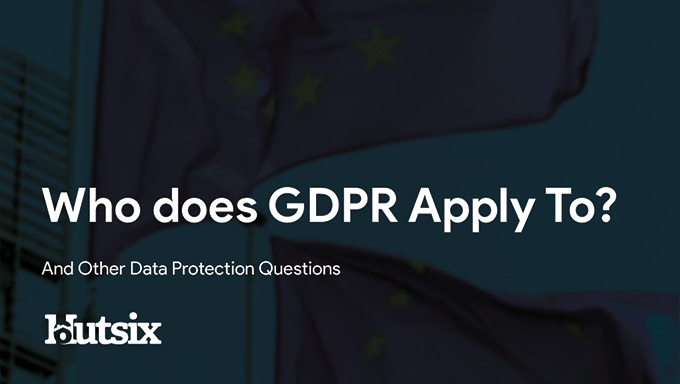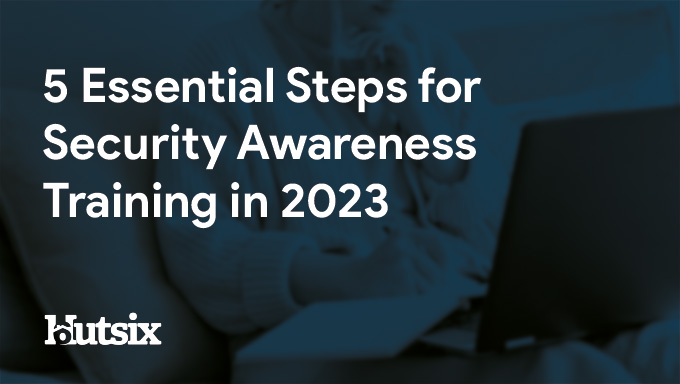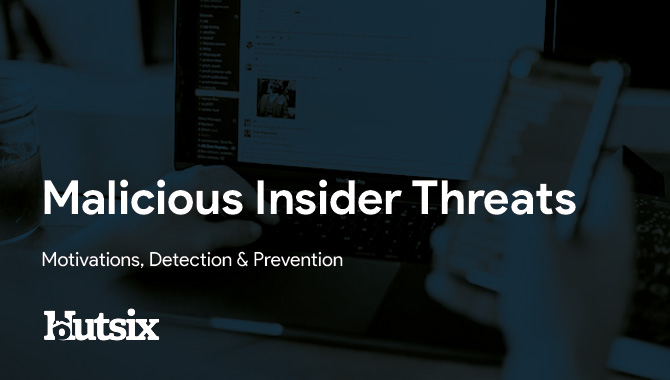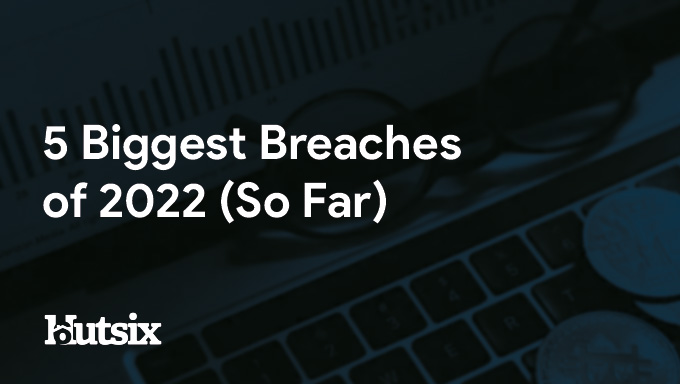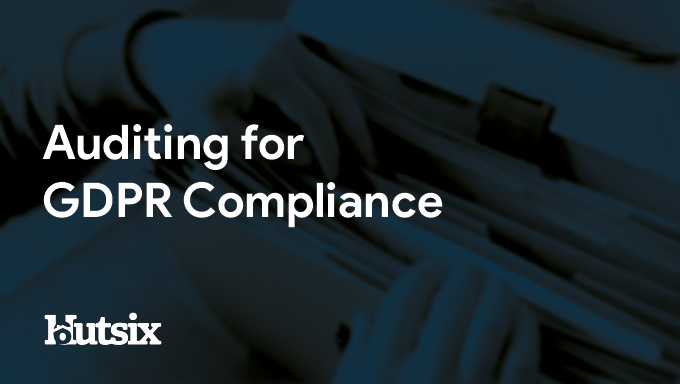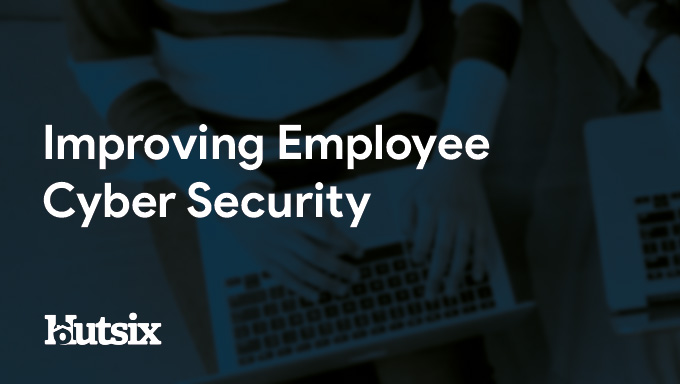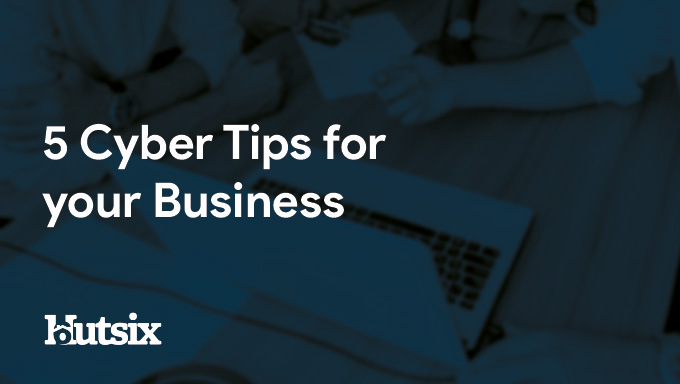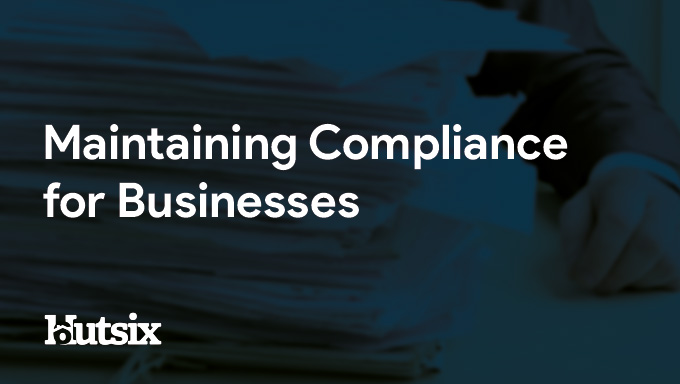Why Are SOC 2 Audits Becoming More Popular in the UK and Europe
What is a SOC 2 Audit?
Service Organisation Control, or SOC, 2 audits are a type of audit that assesses an organisation's compliance with the Trust Services Criteria (TSC), which are a set of principles developed by the American Institute of Certified Public Accountants (AICPA) for evaluating the effectiveness of an organisation's controls related to security, availability, processing integrity, confidentiality, and privacy.
First introduced by the AICPA in 2010, unlike SOC 1 audits, which focus on an organisation's internal controls related to financial reporting, SOC 2 audits are specifically designed to evaluate an organisation's controls related to data security and privacy.
During a SOC 2 audit, an independent auditor assesses an organisation's controls related to the TSC and issues a report detailing the effectiveness of those controls. The report can be used by the organisation to demonstrate its compliance with industry standards and provide assurance to customers and partners that its data is being protected.
SOC 2 audits have become increasingly important in recent years as more organisations rely on cloud services and other third-party providers to handle their data management needs. By undergoing a SOC 2 audit and obtaining a SOC 2 report, organisations can demonstrate their commitment to data security and provide assurance to their customers and partners that their data is being handled in a secure and compliant manner.
Ready to start your journey to becoming compliant?
We can help you - let's have a chat.
Where are SOC 2 Audits Most Popular?
SOC 2 audits are primarily popular in the United States, although they are increasingly being adopted in other regions as well. In the United States, SOC 2 audits are widely used by organisations in a range of industries and sectors, including technology, healthcare, financial services, and more.
Many U.S. companies are subject to data protection regulations and standards such as the Health Insurance Portability and Accountability Act (HIPAA), Payment Card Industry Data Security Standard (PCI DSS), and the Sarbanes-Oxley Act (SOX), which require them to demonstrate their compliance with specific security and privacy controls. SOC 2 audits can help these companies meet these requirements and provide assurance to their customers and partners that their data is being protected.
Outside of the United States, SOC 2 audits are less common, but they are still being adopted by organisations in other regions, particularly in Canada. Canadian companies are subject to the Personal Information Protection and Electronic Documents Act (PIPEDA), which is similar in many ways to the General Data Protection Regulation (GDPR) and includes requirements related to the protection of personal information. SOC 2 audits can help Canadian companies demonstrate their compliance with PIPEDA and provide assurance to their customers and partners that their data is being handled in a secure and compliant manner.
While SOC 2 audits are primarily popular in the United States, they are increasingly being adopted by organisations in other regions as well. As data protection regulations continue to evolve and become more stringent around the world, SOC 2 audits are likely to become even more important for organisations looking to demonstrate their commitment to data security and privacy.
SOC 2 Audits in UK and Europe
SOC 2 audits are becoming more popular in the UK and Europe. Although SOC 2 is primarily a U.S. standard, European organisations are increasingly recognising the benefits of SOC 2 certification in demonstrating their commitment to data security and privacy.
One reason for the growing popularity of SOC 2 audits in Europe is the increasing focus on data protection regulations, particularly the GDPR. The GDPR includes a range of requirements related to data security and privacy, and organisations that handle personal data must implement appropriate technical and organisational measures to protect against unauthorised access, disclosure, or destruction of personal data. SOC 2 audits can help organisations demonstrate their compliance with these requirements and provide assurance to their customers and partners that their data is being protected.
Another reason for the growing popularity of SOC 2 audits in Europe is the increasing use of cloud services and outsourcing arrangements. Many European organisations are turning to cloud service providers and other third-party vendors to handle their IT and data management needs. SOC 2 audits can help these organisations assess the security and privacy controls of their vendors and provide assurance that their data is being handled in a secure and compliant manner.
In response to the growing demand for SOC 2 audits in Europe, several auditing firms now offer SOC 2 certification services in the region. While SOC 2 is not yet as widely adopted in Europe as it is in the United States, its growing popularity suggests that it may become a more common standard for data security and privacy assurance in the region in the years to come.
In Which Industries and Sectors are SOC 2 Audits Popular?
SOC 2 audits are popular in many industries and sectors, particularly in those that handle sensitive or regulated data. Some of the most common industries where SOC 2 audits are popular include:
- Technology and software companies - Many technology and software companies are subject to data protection regulations and standards, such as HIPAA or the PCI DSS.
- Cloud service providers - Cloud service providers are responsible for handling large volumes of sensitive data on behalf of their customers.
- Financial services firms - Financial services firms, including banks, investment firms, and insurance companies, are subject to a range of regulations related to data security and privacy.
- Healthcare organisations - Healthcare organisations, including hospitals, clinics, and health insurance providers, are subject to strict regulations related to patient privacy and data security.
Security Awareness for your Organisation
Enjoyed our blog? Learn more about how Hut Six can help improve you security awareness with training and simulated phishing. Start a free trial now, or book a meeting with one of our experts.
Featured
Who Does GDPR Apply To?
Who Does GDPR Apply To? And Other Data Protection Questions/ Information Security blog by Information security awareness provider Hut Six Security.
Does ChatGPT Pose a Cybersecurity Risk
In this blog post, we explore whether AI chatbots like ChatGPT pose a cybersecurity risk. We delve into the potential vulnerabilities and threats posed by chatbots, and discuss measures that can be taken to mitigate these risks. Read on to discover how you can ensure the security of your organisation's chatbot interactions.
How Do I Get Cyber Essentials Certified?
Learn how to obtain Cyber Essentials certification and enhance your organization's cybersecurity posture with our comprehensive guide. Our expert insights will help you navigate the certification process to meet the requirements for Cyber Essentials.
Essential Steps for Security Awareness Training
Starting a security awareness training campaign? Here are 5 essential steps to help ensure information security success.
Malicious Insider Threats - Meaning & Examples
Malicious insider threats can cause massive problems. Here we examine some of the motivations behind attacks and methods of detection organisations can use to reduce risk.
5 Biggest Breaches of 2022 (So Far)
Five of the biggest and most significant data breaches, hacks, and information security attacks of 2022 (so far).
Auditing for GDPR Compliance
Questions to consider when auditing your business or SME for General Data Protection Regulation (GDPR) compliance.
Improving Employee Cyber Security
With human error responsible for many breaches and attacks, we offer some helpful areas for improving employee security compliance.
5 Cyber Tips for your Business
Essential cyber tips for helping your business or SME improve information and cyber security.
The Benefits Of Maintaining Compliance For Your Business
By maintaining compliance for your business you can ensure operational efficiency, reduce financial risk, enhance public trust, engage your employees and realise your mission.



